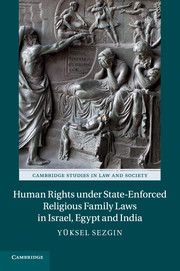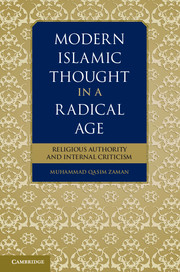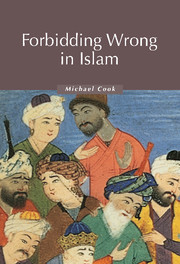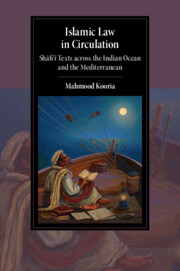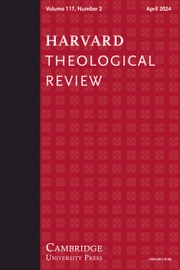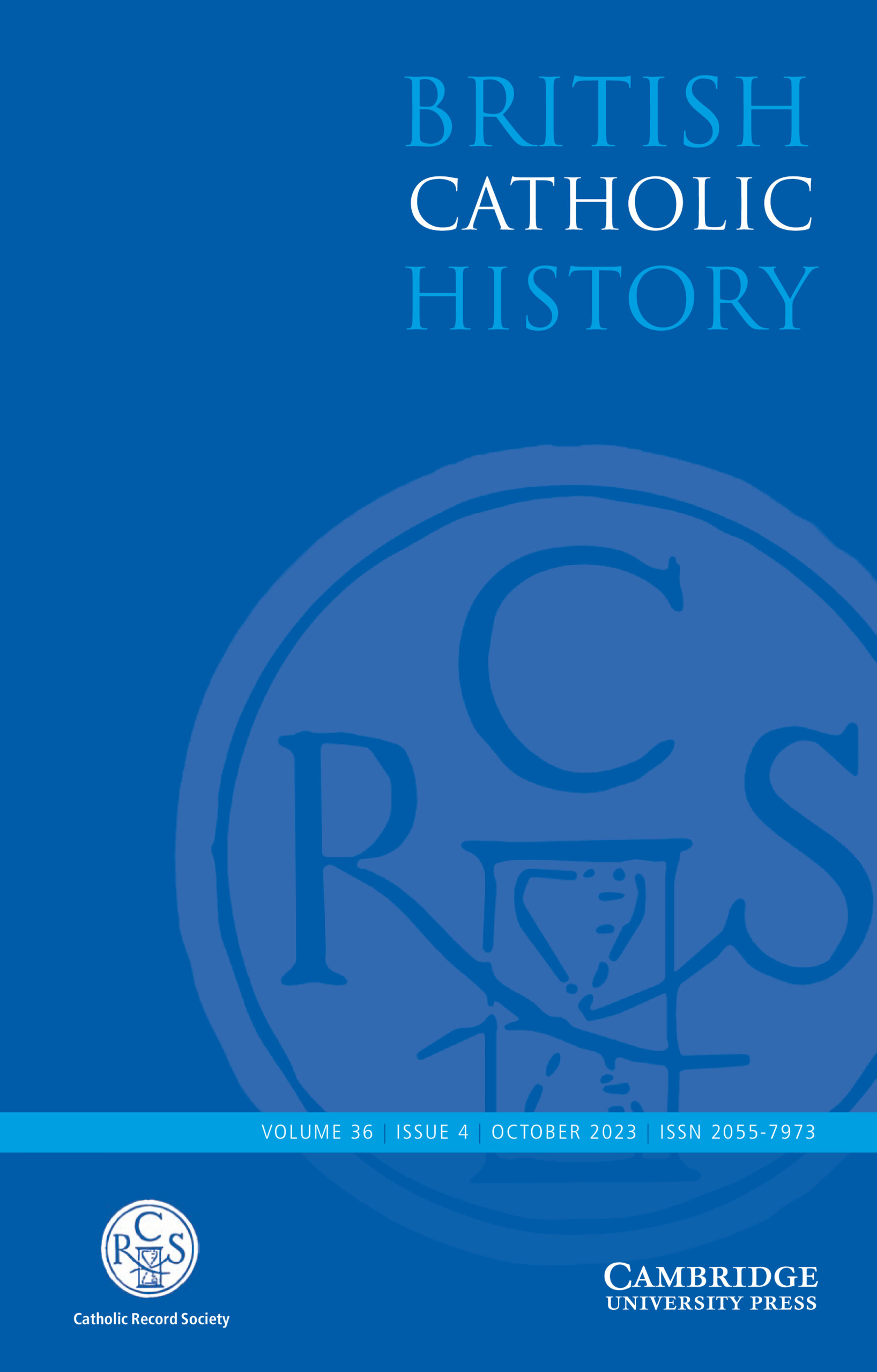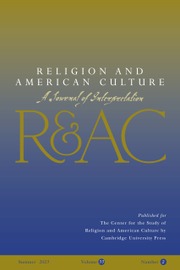Human Rights under State-Enforced Religious Family Laws in Israel, Egypt and India
$55.99 (C)
Part of Cambridge Studies in Law and Society
- Author: Yüksel Sezgin, Syracuse University, New York
- Date Published: October 2015
- availability: Available
- format: Paperback
- isbn: 9781107636491
$
55.99
(C)
Paperback
Other available formats:
Hardback, eBook
Looking for an examination copy?
If you are interested in the title for your course we can consider offering an examination copy. To register your interest please contact [email protected] providing details of the course you are teaching.
-
About one-third of the world's population currently lives under pluri-legal systems where governments hold individuals subject to the purview of ethno-religious rather than national norms in respect to family law. How does the state-enforcement of these religious family laws impact fundamental rights and liberties? What resistance strategies do people employ in order to overcome the disabilities and limitations these religious laws impose upon their rights? Based on archival research, court observations and interviews with individuals from three countries, Yüksel Sezgin shows that governments have often intervened in order to impress a particular image of subjectivity upon a society, while people have constantly challenged the interpretive monopoly of courts and state-sanctioned religious institutions, re-negotiated their rights and duties under the law, and changed the system from within. He also identifies key lessons and best practices for the integration of universal human rights principles into religious legal systems.
Read more- De-orientalizes shari'a law by placing it in a comparative perspective along with Jewish, Christian and Hindu religious laws
- Uses non-technical language in providing overviews of the legal and political histories of the nations covered, while still providing detailed analysis
- Alongside the discussion of the theoretical and normative implications of state-enforced religious laws on human rights, the author also identifies how Israeli, Egypt and Indian activists have successfully protected and advanced human and women's rights in the past
Awards
- Winner of the 2014 Gordon Hirabayashi Human Rights Book Award, Human Rights Section, American Sociological Association
Reviews & endorsements
‘This is an intelligent, engaging, and conscientious comparative study of personal-status laws and their application in three postcolonial, post-WWII states: Israel, post-revolution Egypt, and post-independence India. The book shows convincingly how consistently some human rights, especially those of women, have been compromised or denied utterly in all three states, each of which has in various ways ceded control over personal-status issues such as marriage and divorce to its various religious communities and their leaders. The similarities as well as differences of the resulting situations in these three countries are remarkable, and Sezgin does a masterly, even-handed job of presenting both in a most accessible fashion; his thoughtful work even offers human-rights advocates sound and practical advice on possible lessons to be drawn from what has worked and what has not in gaining more adequate justice or even reform in these three states.’ William A. Graham, Harvard University
See more reviews‘This book provides a valuable study of family law broadly and its impact on women’s human rights in particular, in three diverse, yet similar legal contexts … The author manages to balance the view that plural justice systems are a reality in many contexts, and that they can be discriminatory in law and practice, on one hand. On the other hand, the book illustrates that such systems are open to transformative change, for the benefit of women. Engaging with state-enforced religious systems, as the author attempts, provides a space for further debate about the fact that so-called ‘God’s law’ is not static, immutable, monolithic or homogenous. More importantly, the book avoids both common cultural relativist claims and also essentialist claims about certain cultures.’ Rashida Manjoo, UN Special Rapporteur on Violence Against Women
‘In this incisive study of law and religion, Yuksel Sezgin makes a powerful, empirically-grounded argument that when states have enacted ‘personal status’ laws based on religion, they have restricted the human rights of their citizens, particularly women. His argument is based not only on clear readings of political history but also on extensive interviews with local actors: a major work in the field.’ John R. Bowen, Washington University, St Louis
‘Sezgin offers a much-needed perspective on the tensions between personal status laws, customary practices and constitutional rights. By focusing on three case studies … [he] draws from a wealth of empirical data to illuminate the commonality of issues, including the dynamics of identity, the effects of plural ethno-religious legal systems on the human rights of women, and how a variety of regimes - ‘autocratic’ as well as ‘democratic’ - have failed to respect, protect and fulfil human rights. Moreover, by documenting strategies and best practices designed on the ground by women human rights advocates and their allies, this book provides an invaluable contribution in terms of offering practical recommendations, making it essential reading for human rights defenders, academics, and policy-makers alike.’ Anissa Helie, Former Director, Women Living Under Muslim Laws (WLUML) International Coordination Office
‘An admirable study of legal pluralism, offering fresh analysis and insight.’ Ruth Halperin-Kaddari, Member, Former Vice-President, UN CEDAW Experts Committee
‘This is a very welcome, thoughtful and in-depth study into the complexities and challenges entailed in ensuring human rights in the context of pluri-legal systems … Providing valuable insights into how pluri-legal systems interface with other agendas of the State, how State enforcement of religious personal status laws impact fundamental rights and freedoms and what strategies have and can be used to promote rights effectively, this study will catalyse further thinking, and hopefully, actions.’ Farida Shaheed, UN Special Rapporteur in the Field of Cultural Rights
'Professor Sezgin has produced a definitive account of how the legal and judicial systems dealing with family law affect fundamental rights … This is an important book for students of comparative government and comparative law.' Martin Edelman, Law and Politics Book Review
'… an insightful and meticulous qualitative analysis … an important contribution to research on a matter that is not only of academic but also of significant public concern.' Nadia Sonneveld, International Journal of Law, Policy and the Family
'This detailed comparison of systems in which religious principles and/or authorities share in the authoritative resolutions of family disputes is a welcome addition to a more general literature on religion/regime relations. As such, this volume is worthy of the attention of a wide range of scholars interested in the interactions between the sacred and the secular.' Ted G. Jelen, Journal for the Scientific Study of Religion
'Sezgin’s work makes an important contribution to the growing dialogue on the best way to reform the inequities created by the imposition of religious norms in state legal systems. His book coherently and systematically contextualises the developments in three countries which continue to grapple with this challenge, and he gives the lay reader and scholarly community important information and comparative analysis of those efforts. The conclusion he draws from his data opens an important additional chapter in the growing debate between multicultural optimists who believe that cultures will hopefully and eventually correct themselves' Susan Weiss, Israel Law Review
'… Human Rights under State-Enforced Religious Family Laws is an important intervention to the literature on state-enforced family law and its effects on human rights. The book is of particular analytical and empirical importance to the discussions on secular(ism) and religion, nationalism and nation-building, and human rights. Moreover, it offers practical information to human rights practioners.' Sinem Adar, Review of Social Studies
Customer reviews
Not yet reviewed
Be the first to review
Review was not posted due to profanity
×Product details
- Date Published: October 2015
- format: Paperback
- isbn: 9781107636491
- length: 322 pages
- dimensions: 230 x 152 x 17 mm
- weight: 0.45kg
- contains: 3 b/w illus.
- availability: Available
Table of Contents
1. Introduction
2. Personal status, nation-building, and the postcolonial state
3. The impact of state-enforced personal status laws on human rights
4. A fragmented confessional system: state-enforced religious family laws and human rights in Israel
5. A unified confessional system: state-enforced religious family laws and human rights in Egypt
6. A unified semi-confessional system: state-enforced religious family laws and human rights in India
7. Conclusion: upholding human rights under religious legal systems.
Sorry, this resource is locked
Please register or sign in to request access. If you are having problems accessing these resources please email [email protected]
Register Sign in» Proceed
You are now leaving the Cambridge University Press website. Your eBook purchase and download will be completed by our partner www.ebooks.com. Please see the permission section of the www.ebooks.com catalogue page for details of the print & copy limits on our eBooks.
Continue ×Are you sure you want to delete your account?
This cannot be undone.
Thank you for your feedback which will help us improve our service.
If you requested a response, we will make sure to get back to you shortly.
×
